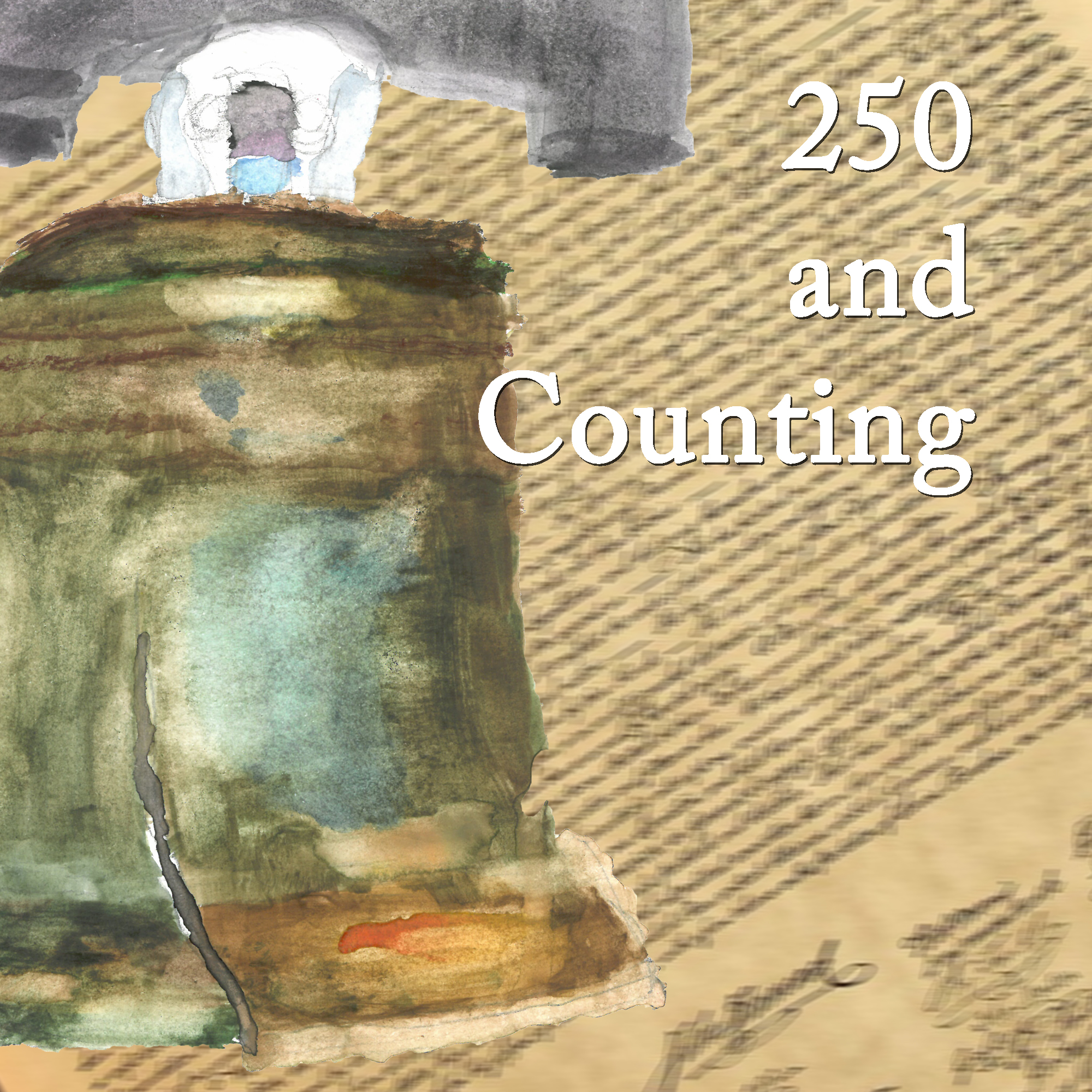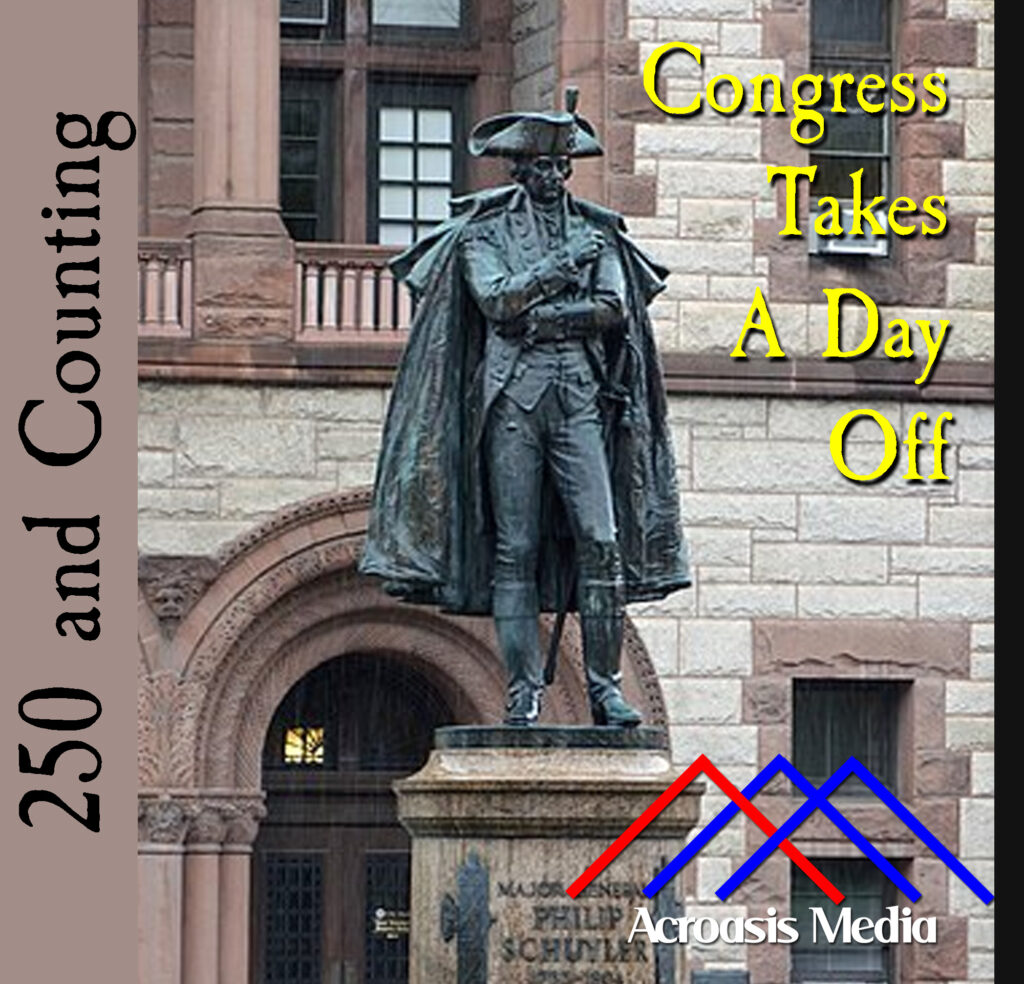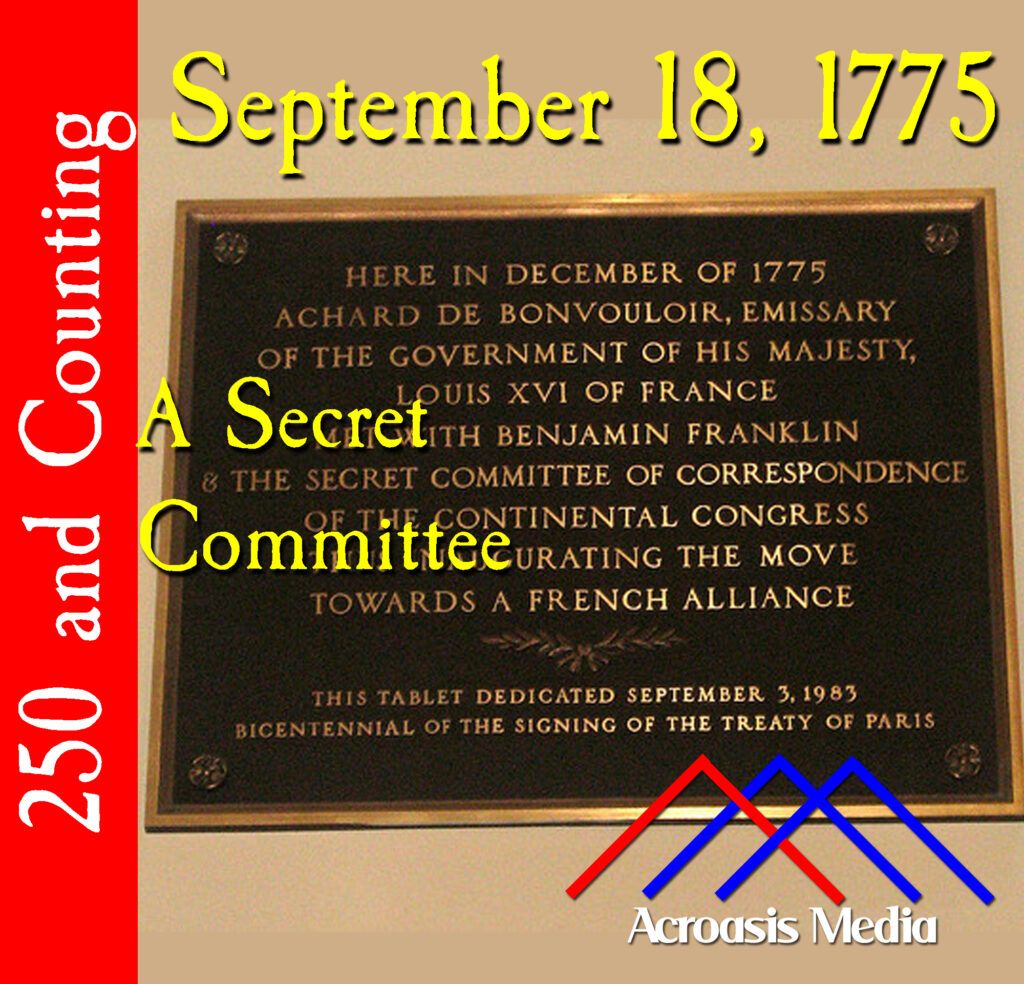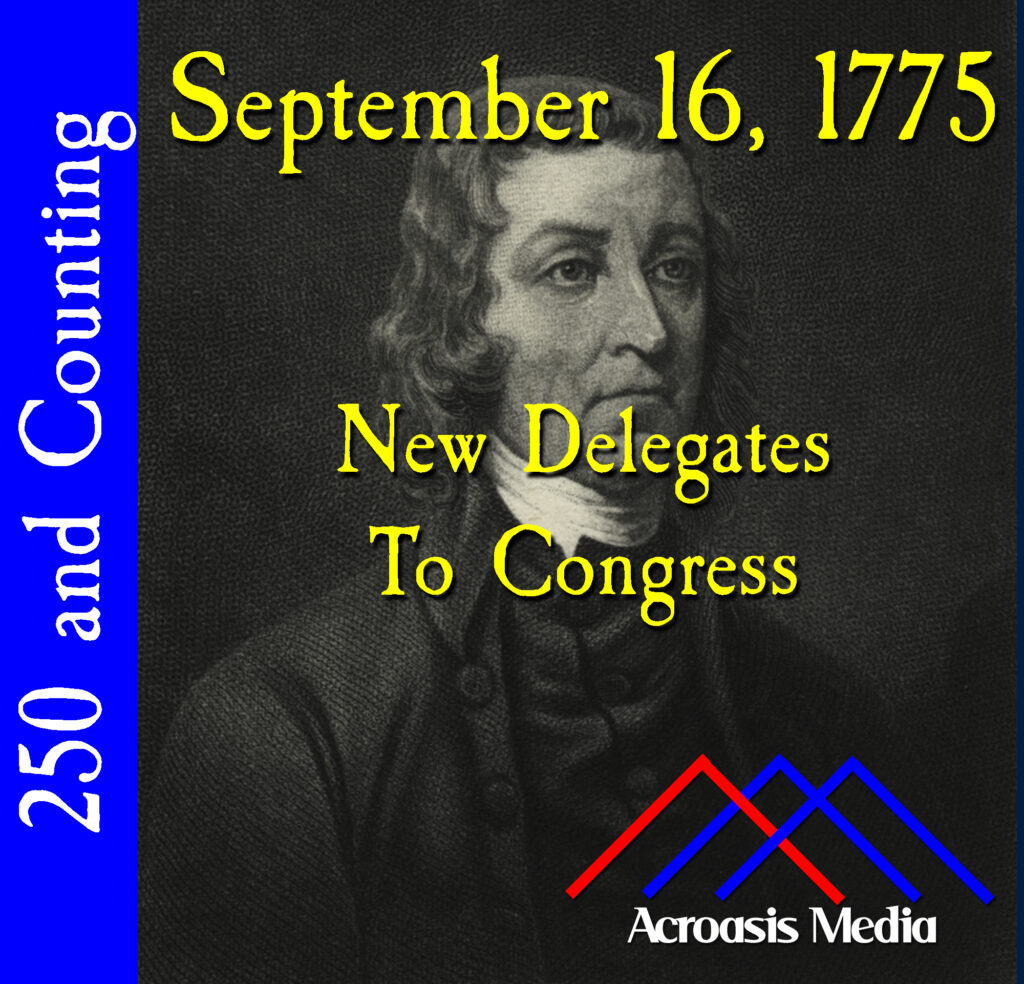
We’re 300 days into 1775 and therefore 300 days into this show, and we’ve finally gotten to the point where British troops will be shooting at Americans because the two parties are officially at war.
Up until now, all the fighting was about control, because what better way to control people than by shooting at them?
But King George III’s declaration of rebellion in August was informal in nature. It wasn’t until he declared the Colonies to be in rebellion before Parliament that genuine attention was paid to it. It was still theoretically possible that the Colonists could back off and let things go to the way they were, but the odds were vanishingly small.
Podcast: Play in new window | Download | Embed









